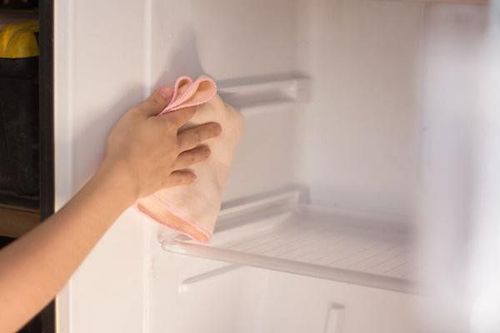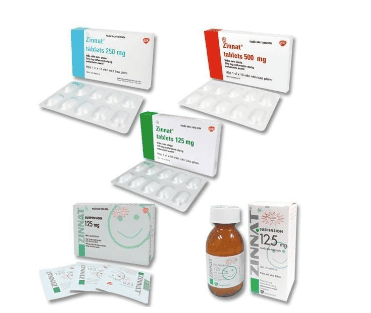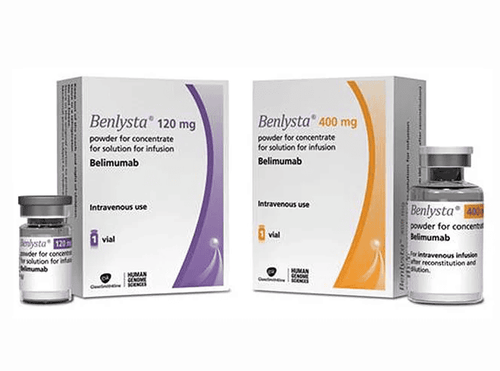This is an automatically translated article.
Listeriosis is a rare infection caused by bacteria called listeria. It usually goes away on its own, but can cause serious problems if you're pregnant or have a weak immune system.1. What is Listeria infection?
Listeria infection is a foodborne illness caused by bacteria that affects many people over the age of 60 and those with weakened immune systems.The most common cause is eating improperly prepared deli meats and unpasteurized dairy products. Listeria infections are seen in people such as infants and people with weakened immune systems. Prompt antibiotic treatment can help limit the effects of a listeria infection.
If you eat food contaminated with Listeria bacteria, you can become so sick that you need to be hospitalized. And for some vulnerable people, the disease can be fatal. Contaminated food can bring Listeria bacteria into the home. Unlike most bacteria, Listeria can grow and spread in the refrigerator. So, if you accidentally refrigerate Listeria-contaminated food, the germs not only multiply at cool temperatures, but can also contaminate your refrigerator and spread to other foods there, increasing chances of you and your family getting sick.
Those most at risk for listeriosis, a disease caused by the bacteria Listeria monocytogenes, include pregnant women, older adults, and people with compromised immune systems and certain chronic illnesses (such as HIV/AIDS, cancer, diabetes, kidney disease and transplant patients). In pregnant women, listeriosis can cause miscarriage, stillbirth, severe illness, or infant death.

Phụ nữ mang thai có nguy cơ mắc bệnh listeriosis cao
2. What foods can be contaminated?
Listeria bacteria has been linked to many ready-to-eat foods, including cold cuts, hot dogs, smoked seafood, and prepared store-bought salads. The risk of listeriosis is associated with foods prepared in retail stores. There are several steps that operators and facilities that provide food for delis can follow to reduce the risk of listeriosis.Experts recommend that consumers at risk of listeriosis including the elderly, pregnant women, and those with compromised immune systems reheat sausages and lunch meats until steaming hot.
At-risk consumers should also avoid unpasteurized milk and soft cheeses (such as feta, brie, camembert, blue-veined cheeses, "queso blanco", "queso fresco" or Panela), unless they are made with pasteurized milk.
Consumers should wash all fruits and vegetables under running water immediately before eating, cutting or cooking them, even if you plan to peel the produce first.

Vi khuẩn Listeria có liên quan đến nhiều loại thực phẩm ăn liền, bao gồm thịt nguội, xúc xích,...
3. To protect yourself and your family from Listeria, clean the kitchen by following these steps
3.1. Keeping food cold Refrigerating food properly is an important way to reduce the risk of Listeria infection. Although Listeria can grow at refrigerator temperatures, it grows more slowly at refrigerator temperatures of 40 degrees F or less.Keep your refrigerator at 40 degrees F or below and the freezer at 0 degrees F or below.
Wrap or wrap food with cling film or foil, or place food in a clean plastic bag or container with a lid before placing in the refrigerator. Make sure certain foods don't leak juices onto other foods.
Place an appliance thermometer, such as a refrigerator thermometer, in the refrigerator and check the temperature periodically. Adjust refrigerator temperature controls, if necessary, to keep foods as cold as possible without freezing them. Put a second thermometer in the freezer to check the temperature there.
Use pre-cooked foods and eat them as soon as possible. The longer they are kept in the refrigerator, the more chance Listeria bacteria have to grow.
3.2. Clean the refrigerator regularly Listeria bacteria can contaminate other foods through refrigerator spills.
Clean up all spills in your refrigerator immediately especially juices from hot dogs and lunch packs, raw meat and raw poultry. Consider using paper towels to avoid transferring germs from cloth towels.
Clean the walls and interior compartments of the refrigerator with warm water and liquid soap, then rinse. As an extra precaution, you can clean the refrigerator monthly using the same procedures described below for kitchen surfaces.

Hãy lưu ý việc vệ sinh tủ lạnh thường xuyên!
You can make your own cleaner by combining 1 teaspoon of unscented bleach with 1 quart of water, submerging the surface and letting it sit for 10 minutes. Then rinse with clean water. Let surfaces air dry or pat dry with a new paper towel. The bleach solution will become less effective over time, so discard the unused parts daily.
It is recommended to wash the cutting board with warm soapy water after each use. Non-porous acrylic, plastic, or glass panels can be dishwasher-safe.
Dishwashers, towels, and grocery bags should be laundered frequently on the washing machine's hot cycle.
It's also important to wash your hands with warm water and soap for at least 20 seconds before and after handling food.
Please dial HOTLINE for more information or register for an appointment HERE. Download MyVinmec app to make appointments faster and to manage your bookings easily.













